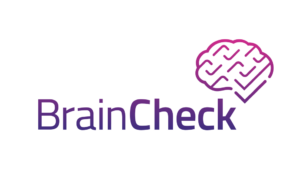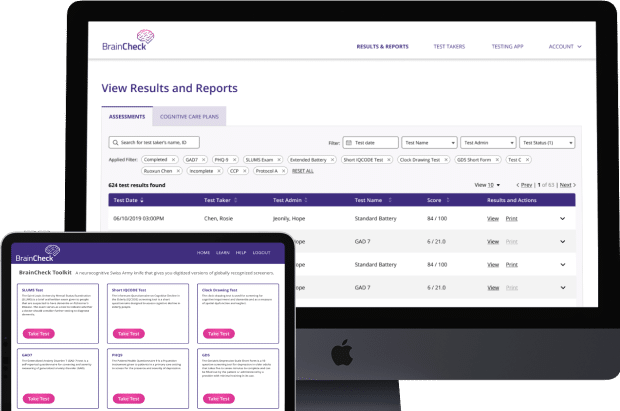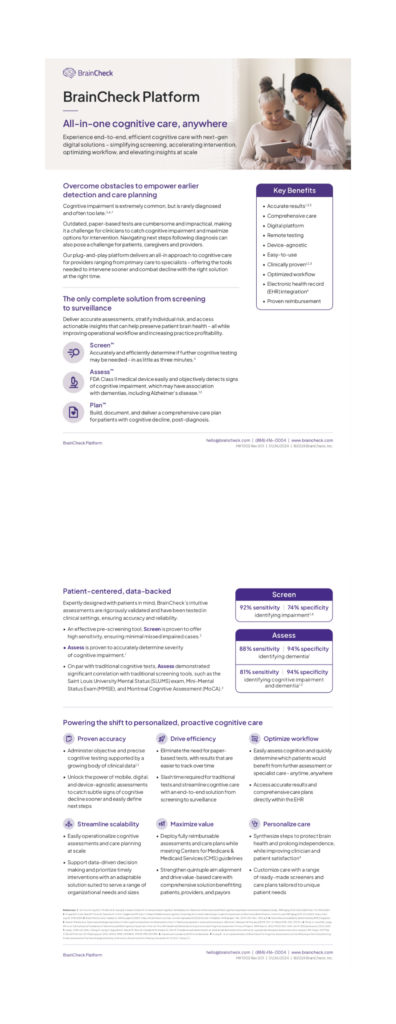Since early March, the U.S. has remained under a Public Health State of Emergency. But while COVID-19 has stayed in the headlines, patients continue to require all kinds of care. Recently, Julie Angileri, FNP, PMHNP-BC of Capstone Mental Health in Gilbert, Arizona, shared how implementing remote cognitive testing has been useful for providing cognitive care during the crisis.
How Angileri and Capstone Mental Health Use BrainCheck
Angileri sees a variety of patients: from ADHD patients of all ages to geriatric patients with associated cognitive issues, as well as patients dealing with depression and anxiety.
She has used BrainCheck for geriatric patients to test cognitive function. However, she primarily uses BrainCheck with her ADHD patients.All her ADHD patients, both during the intake stage and those receiving regular care, are tested using BrainCheck to assess executive function.
“If I get a new patient and I’ve assessed them, oftentimes they will present with anxiety, which they’ve had for a long period,” she says.
And during the current pandemic, due to the necessity of telemedicine, she has relied on BrainCheck’s remote cognitive testing features to continue their care.
Implementing Remote Cognitive Testing
Using BrainCheck’s remote testing features has been a positive experience for Angileri, with no reluctance from patients using the technology. While testing at home is new for them, it’s an extension of her in-clinic process.
Angileri’s staff has had an easy time implementing remote testing, describing the implementation as “easy peasy.” And the increased usage and activity for remote assessments has allowed more time for detailed care plans.
Some assessments have even led to ordering full neuropsych tests, such as when patients score in the margins throughout the test segments.
“Just for their convenience, I imagine that we will have patients do BrainCheck assessments at home and then come into the office to follow up.”
Julie Angileri, PMHNP-BC, FNP
Carolina Behavioral Healthcare
Continued Use of Remote Cognitive Assessment
Providing cognitive assessments and care is “truly an integral part to my assessment,” Angileri says. Having a reliable telemedicine cognitive-health assessment tool allowed her to continue providing care during the public health emergency.
She expects to continue using telemedicine and remote cognitive testing, even after patients resume in-clinic visits.
“Just for their convenience,” she says, “I imagine that we will have patients do BrainCheck assessments at home and then come into the office to follow up.”
The practical advantages of remote cognitive testing benefit patients and the practice. Remote cognitive testing provides additional time for providers to review the results. It can also allow practices to get reimbursed for services requiring separate visits.
Add Remote Cognitive Testing to Your Practice
The need for comprehensive cognitive care remains unchanged, despite the on-going public health crisis. And for patients with other health concerns, mitigating the risks without reducing the standard of care should be a priority.
Remote cognitive testing allows practices to assess and care for patients’ cognitive health, regardless of circumstance. In many ways, remote testing can increase access to this important care.
And adding and implementing remote cognitive testing is easy with BrainCheck.



